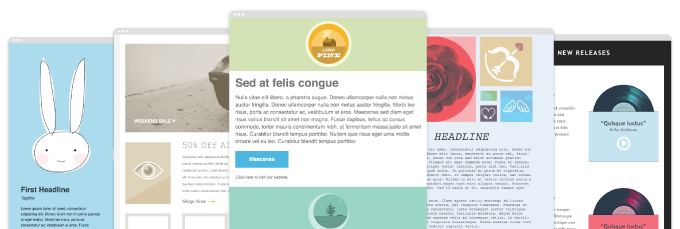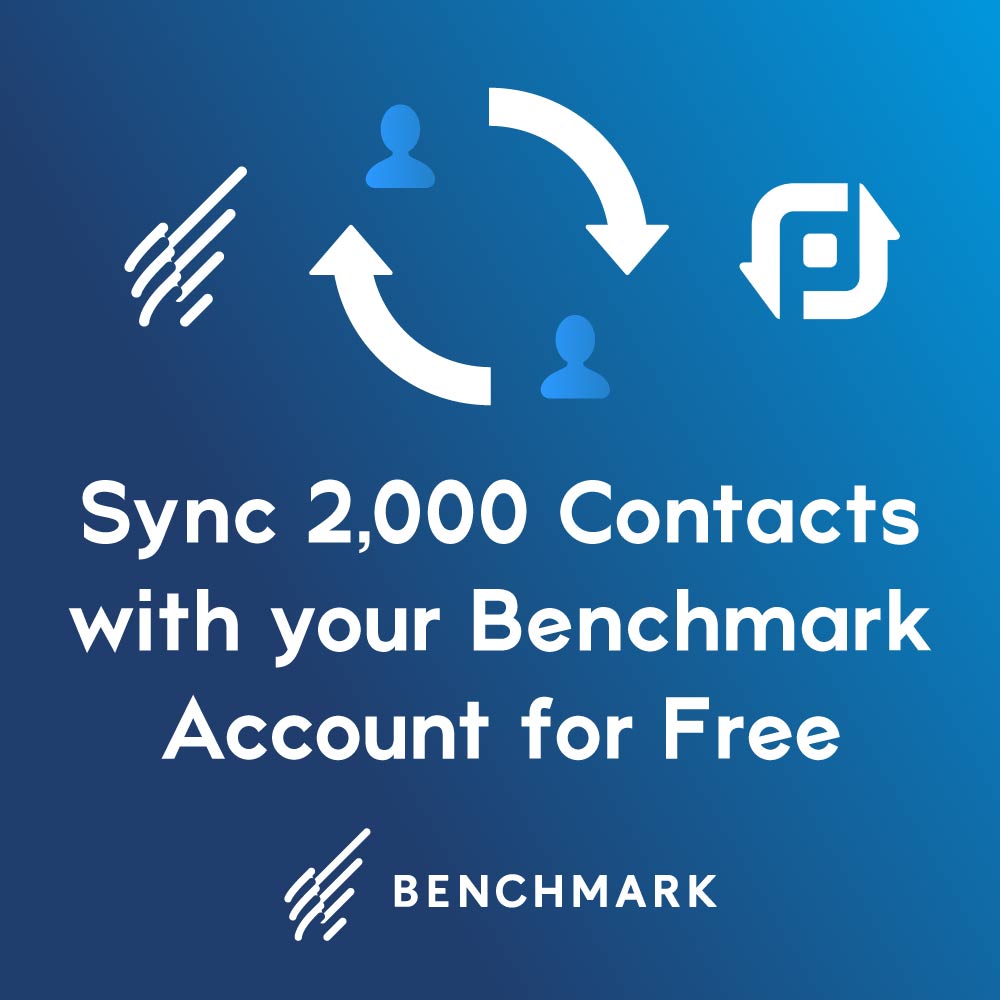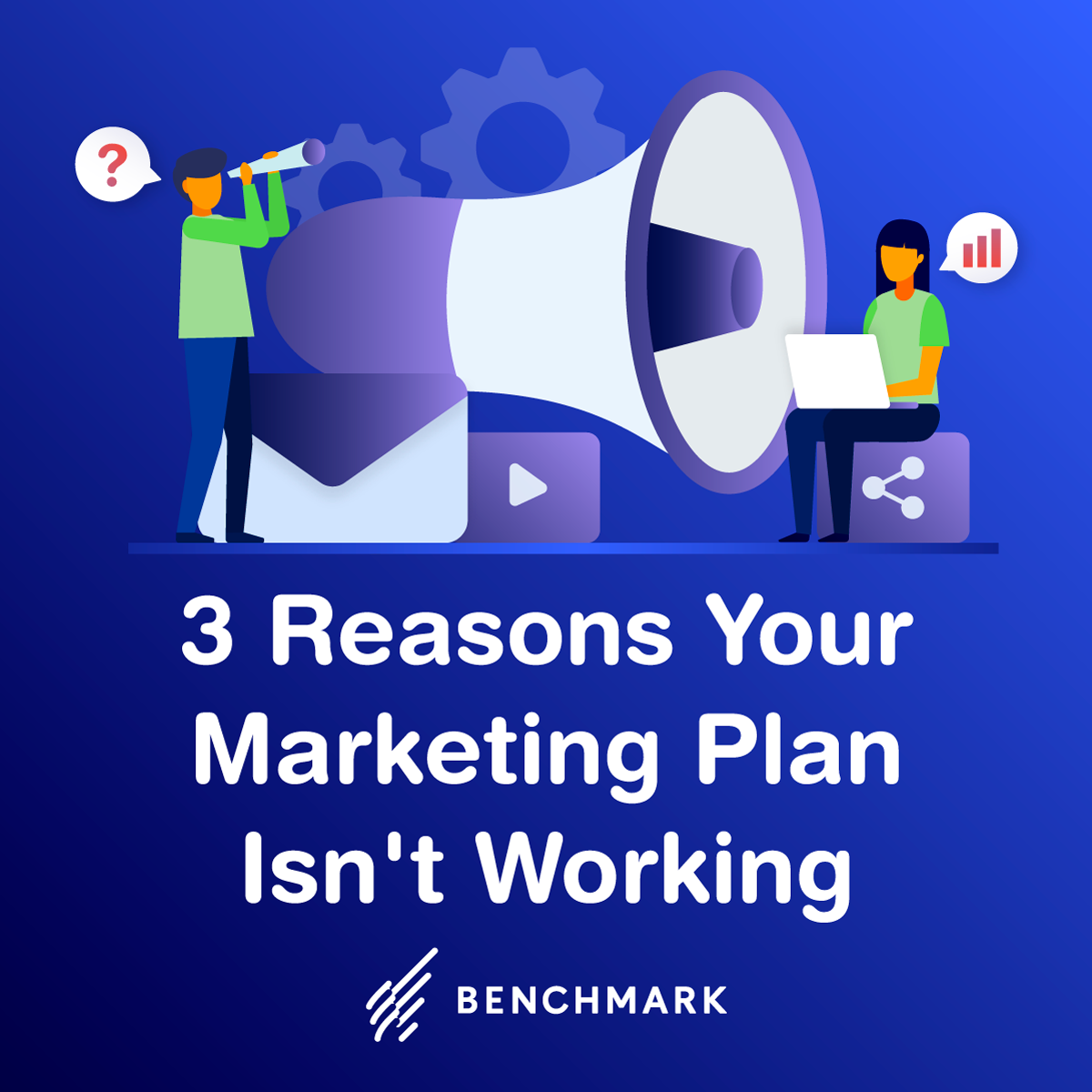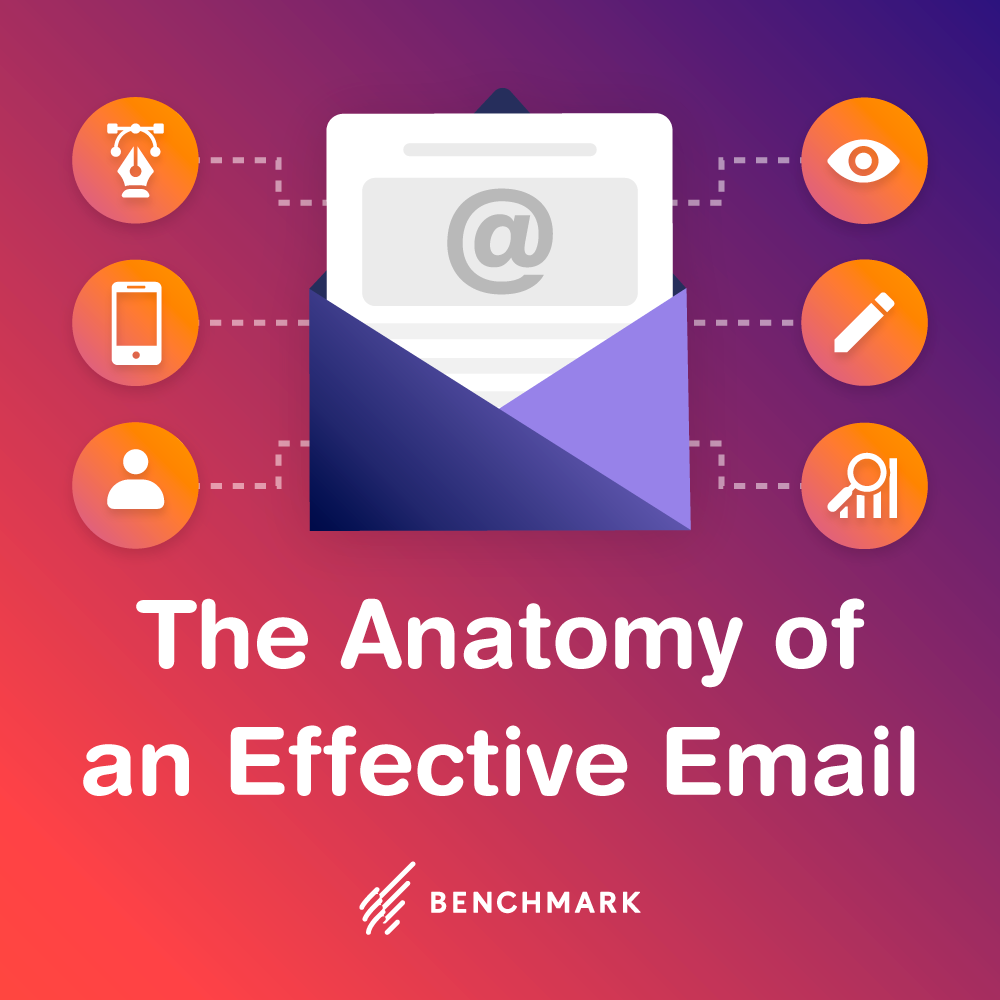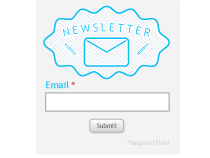
One excellent way of staying in touch with your contacts and keeping your email marketing activities in top gear is by sending newsletters. These newsletter can contain all sorts of information, including the following:
- New product or service announcements
- How-to articles
- Step-by-step directions on using certain products
- Company updates
- Changes in shipping, terms of use and more
- Customer testimonials
- Product reviews and comparisons
- Listings of the products most popular with your customers
- Case studies
Truth be told, your email newsletter can hold pretty much whatever you want it to. However, when crafting your newsletter, you have to plan and think ahead. You should follow a checklist just to make sure everything is in order well before you send your newsletter out to your email list.
Your subject line: a checklist
Your subject line is the first line of defense when it comes to getting clients to open it. It is the first thing they’ll see, so it reigns supreme in importance. Here’s what you need to ask yourself when you’re crafting your subject line:
- Is it compelling?
You want your subject line to be interesting enough to stand out amongst all the other emails in your customer inbox. - Does it contain spam words?
If you’re using phrases like “mega sale!” or “save loads of cash” in your subject line, you’re almost asking spam filters to dump your emails in the junk file. Avoid this over-excited, hyped-up language so you can not only get past spam filters, but get clients to open your newsletters. - Does it use “!”, “$” or other symbols?
Keep your punctuation to a minimum when you’re crafting your subject lines. Exclamation points, dollar signs, ellipses and other symbols raise a red flag to spam filters. If you have to use a dash or colon, do so, but skip pretty much any other type of punctuation. - Is it in all caps?
A subject line in all caps is akin to you shouting at a customer and usually tips off spam filters. Never craft a subject line in all caps. - Is it too long?
Keep your subject lines to 50 characters or less. Most email clients will truncate messages with any more characters so just to make sure your customers see your message, keep your subject line within this boundary.
Layout and copy tips
Need some help with your layout? Here’s some good tips:
- Make it recognizable
Find a good template and stick with it throughout your campaigns. Insert your logo and make it truly yours. The more customers that recognize your template on sight, the better chance you’ll avoid spam complaints and build a relationship of trust with your recipients.If you don’t have a template, it’s no problem. Benchmark offers hundreds of themed templates that you can easily customize to suit your company’s style. We also offer a custom newsletter template service, where you can pay a fee and a Benchmark Email pro designer will create a unique newsletter layout just for you. - Use white space
White space gives your template an airy, professional feel that’s pleasing to the eye and easy to navigate. Don’t feel the need to fill every inch of space, use white space to give your template an open, organized feel. - Don’t stuff it with too many graphics or images
A jumbled template makes it difficult for customers to see what you’re promoting. Keep your images and graphics down to a reasonable level. - Put your sales pitch above the fold
Keep preview panes in mind when you create your email. Many email clients feature only a two or three-inch space to view emails and decide whether or not to open them, so put your best stuff at the top of your email. - Use lots of links
Links are a good way to cement your reputation as a good opt-in marketer. The more links clicked on in your newsletter, the more email service providers will see that you run a legitimate operation. - Keep your items short
Whenever you have something to say that will take up more than a few paragraphs, link to the rest of the copy directly on your site. Create a landing page for “to be continued” items. Too much copy will overwhelm the reader and dilute your message.
What to do after you send
Once you send out your email newsletter, it’s quite tempting to forget about it forever. Well, don’t. You can get a lot of miles out of putting your newsletter in an online archive, even if the information ends up outdated right after you send out your email. Here’s why:
- It’s convenient for your current customers
Many customers want the ability to see what you’ve published in the past, especially if your newsletter contains content that can be considered evergreen, like how-to tip lists and product or service info. - It helps you find new clients
The more solid content you have up on the Web, the better chance someone will find it through a random keyword search. Give outsiders a chance to stumble upon your newsletter, if only because it might lead them to check out your Website, company or product offering. - It may help you gain search engine rank
Search Engine Optimization is the art of using Web pages and keywords to improve your rank in search engines. If you put quality content in your archive, chances are this will help improve where your company stands when someone does a keyword search. -
It can help you gain more newsletter subscribers
If a potential client stumbles upon your newsletter, take advantage of that moment. Put a Signup Form on your archive page. If one of your archive visitors likes what they see, they’ll probably sign up for your newsletter on the spot. Here’s an example of a Signup Form:
If you want all your email newsletters in one place that’s easy for both your customers and potential clients to find, Benchmark offers a free email newsletter archive service with every paid plan.
Sending email newsletters is one of the cheapest and most-effective ways to keep customers up to date on everything you have on offer. Don’t throw your newsletters together haphazardly, take the time to really craft something special. If your newsletters showcase good content and design, your customers will open each and every one.
